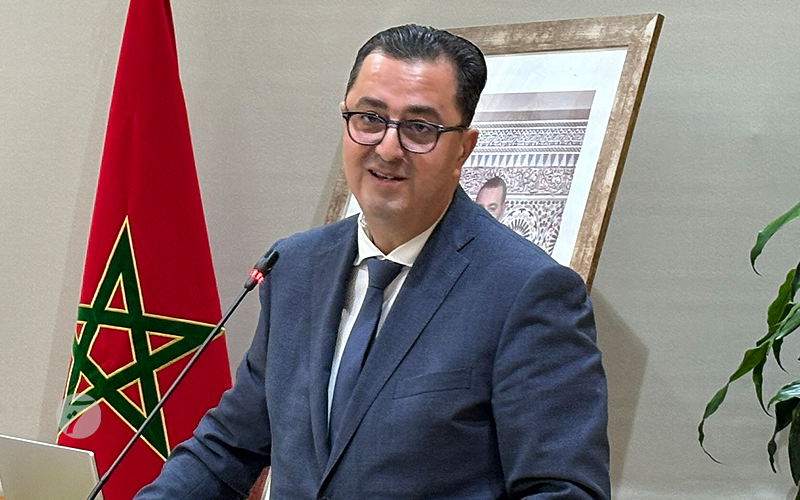The United Nations Population Fund has released the World Population Situation report for 2025, which includes findings from surveys conducted in various countries, including Morocco. The report highlights that millions of individuals are unable to have the desired number of children.
While fertility issues are identified as a significant factor, economic and social barriers also contribute to this situation. The report indicates that 33% of Moroccans over the age of 50 stated they have had fewer children than they wished. Among these, 47% attributed this to financial constraints.
Mohammed El Fassi El Fihri, director of the Center for Demographic Studies and Research, noted that Morocco’s fertility rate has decreased from 7.2 children per woman in 1960 to approximately 1.97 today. This figure falls below the replacement threshold of 2.1 children per woman.
The decline is attributed to several factors, including the rising age of marriage, which has increased from 17 years in 1960 to 25 years currently. Additionally, there has been widespread adoption of contraceptive methods (71% compared to 8% in 1960), improvements in child health, societal modernization, increased educational levels among women, and changes in family values.
El Fassi El Fihri also observed that Morocco is undergoing a demographic transition that profoundly affects the age structure of its population. The proportion of children under 15 years of age is expected to decrease from 26% in 2024 to 21% by 2030, while the number of adults aged 60 and older is projected to rise from 5.1 million to 6.1 million, making up 15% of the total population, up from the current 13%.
For more updates, follow us on our social media platforms or subscribe to our Facebook page and Instagram.
Source
















